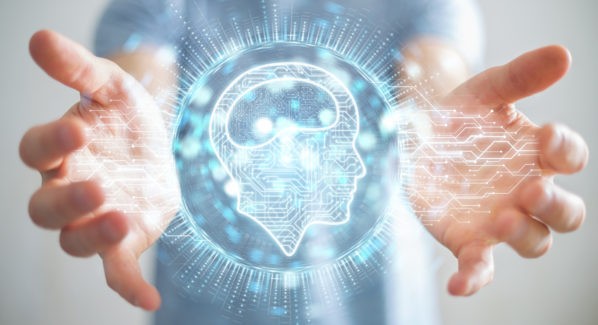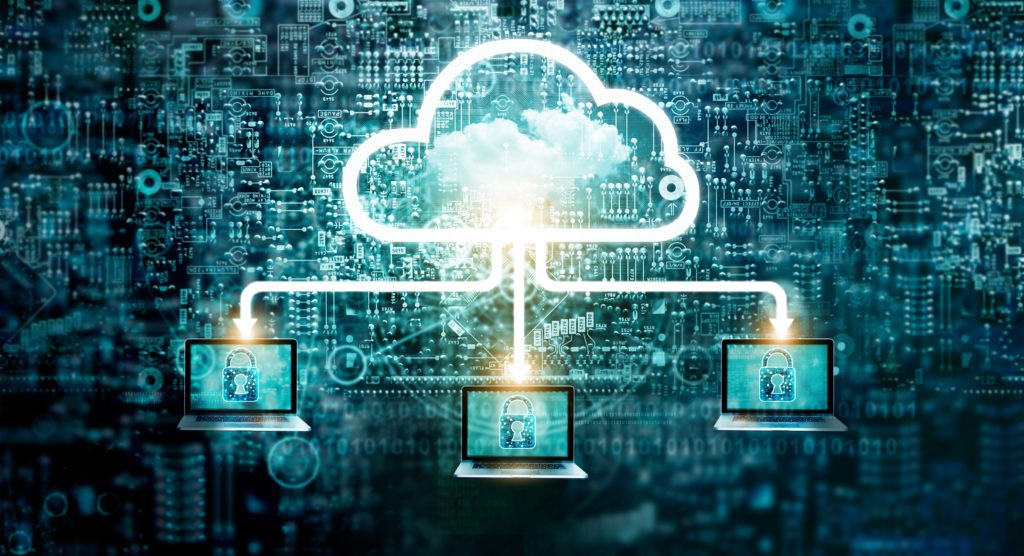May 9, 2023
Artificial intelligence is everywhere these days, or at least it seems that way. IT is no exception. More than ever before, AIOps (a term coined by Gartner in 2017, it denotes the automation of IT processes) leverages big data and machine learning to “automate IT operations processes, including event correlation, anomaly detection and causality determination.” With lots of proven benefits, it’s bigger than ever as IT spending continues to increase worldwide. According to Gartner, the AIOps market is on track to hit $3.4 billion by 2025 at a 15 percent annual growth rate.
“The way I describe AIOps is an overarching technology that sits above the operational domain expert systems and can correlate data and feed that back as actions to the operational teams,” Roy Illsley, chief analyst at Omdia, told ComputerWeekly.com. “That can be manual actions or it can be automated actions.”
As CDInsights.com broke it down, AIOps encompasses three main areas: Monitoring, Service Management and Automation. The first “combines historic and real-time data, previously siloed in separate applications which wouldn’t speak to each other, to provide event metrics, traces and topology. Through this, organizations are able to better contextualize events, detect anomalies and receive data and performance analysis.” The second allows companies to “engage with incidents and changes, through the use of task automation, risk analysis and knowledge management.” The third includes a host of business processes such as scripts, runbooks and app release automations.
All of those things are — or at least can be, if properly implemented — a boon to efficiency, accuracy and speed in everything from data management and cybersecurity to networking. Let’s explore each one in a bit more detail.
Data Management
“Data management is no longer wholly focused on relational data,” Adam Ronthal, research VP in Gartner’s ITL data and analytics group, told VentureBeat. “Document, graph, time-series, wide-column, key-value, ledger and other targeted data stores all provide specific optimizations for different types of data, and different use cases. Sometimes, these are combined in a single data management platform — a multi-model database; sometimes, they remain as best-fit, targeted point solutions.”
Within the general data management realm, Ronthal explained, data management extends to Metadata, integration, quality, DBMS and FinOps. (Click on the links for more information on each.) In the same article, Priya Krishnan, head of product management for data and AI at IBM, further explained how AI’s role in ingesting, identifying and classifying various datasets by continuously mining content “to surface unseen patterns and trends, providing organizations with greater visibility and actionable insights to aid in decision-making while automating traditionally manual tasks like data capture, de-duplication, anomaly detection and data validation.”

Cybersecurity
The name of the game here is proactive. Instead of responding after an attack occurs, AI can help organizations keep a constant lookout for potential bad actors to stop an incursion before it wreaks havoc. It’s far faster and more accurate than humans and can analyze a slew of ongoing activities at once in real time. It’s also a great tool for pinpointing actual threats so analysts can stop gasping for air in a sea of false positives.
“AIOps promises not only to monitor and notify, but help companies dynamically pivot actions based on real-time needs, events, or threats,” Ken Corliss, CTO of Cloud Practice and Principal with Deloitte Consulting, wrote in an essay for CIO Review. “And those actions can be undertaken based on hard data, not anecdotal experience.”
The rise of remote and hybrid work is also driving the implementation of AI for cybersecurity. “There’s no unanimous consensus in the way that the future is going to be, except that it’s going to be hybrid,” Jeetu Patel, executive vice president and general manager of the Security and Collaboration business units at Cisco Systems Inc., told SiliconAngle.com recently. “You want to make sure that regardless of where you’re working from, people can have an inclusive experience.”
Patel added: “Over time, what you will see is attacks will get more bespoke and more sophisticated. You will need to have better mechanisms to know that this was not a human being writing that to you, but a machine pretending to be a human being writing something to you.”
Networking
Due largely to a growing shift toward cloud computing, networks have become increasingly hard to manage. Enter AI, whose benefits extend to many networking-specific areas, including the detection of time series anomalies, as this post from Juniper Networks explains, event correlation and root cause analysis and predicting user experiences. It’s also “self-driving” in that AI “enables IT systems to self-correct for maximum uptime and provide prescriptive actions as to how to fix problems that occur. In addition, AI-driven networks can capture and save data prior to a network event or outage, helping to speed troubleshooting.”
According to Andrew Coward, GM of Software Defined Networking at IBM, “The center of gravity has shifted from the corporate data center to a hybrid multi-cloud environment, but the network was designed for a world where all traffic still flows to the data center,” “This means that many of the network elements that dictate traffic flow and policy are now beyond the reach and control of the enterprise’s networking teams.”
Although AI can help tremendously with traffic-management and network monitoring, there’s a big trust factor at play. As companies store an increasingly massive amount of data in the cloud, should it trust AI with all of that sensitive information? Well, no. Not completely, anyway. Humans are still, and will continue to be, vital participants. “AI requires additional learning and training for network and security teams so they can fully implement AI and automation into their day to day network management,” Ron Howell, managing network architect for cloud infrastructure services at Capgemini North America, has explained. “When used properly, however, these technologies can pay for themselves through network optimization. Further, when the business contributes to the planning of network flows using AI and automation, day to day business [operations] may become more efficient and cost effective.”
Future success in AIOps is heavily dependent on proper implementation. AI is only a tool, after all, and a tool’s effectiveness depends largely on how it’s used. Try hammering in a nail with a screwdriver: it’s nearly impossible. So while “there is no future of IT operations that does not include AIOps,” as Gartner declared in its 2022 Market Guide for AIOps Platforms, it’s also true that organizations must “focus on tangible and incremental business outcomes with quantitative value-based proof points” and “avoid the AIOps hype.”
Perhaps not surprisingly, given how challenging it can be to correctly and effectively implement AI in IT, many of those who champion it nonetheless are doing so from a theoretical standpoint. “While the industry is nearing complete buy-in to incorporate AIOps, at the very same time, only six percent of C-level respondents reported that their organizations have adopted AI-powered solutions,” Bob Friday, chief AI officer at Juniper Networks and a top expert in the application of AI in IT, wrote in mid-2022. “So, what’s the rub? Well, the fact is many businesses are standing in their own way when it comes to facilitating successful AI adoption. Most often they fail on one or more of three common challenges: Readying technology stacks, preparing the workforce and establishing AI governance.”
Get those things right and you’re well on your way.
About Mindsight
Mindsight is industry recognized for delivering secure IT solutions and thought leadership that address your infrastructure and communications needs. Our engineers are expert level only – and they’re known as the most respected and valued engineering team based in Chicago, serving emerging to enterprise organizations around the globe. That’s why clients trust Mindsight as an extension of their IT team.
Visit us at http://www.gomindsight.com.

